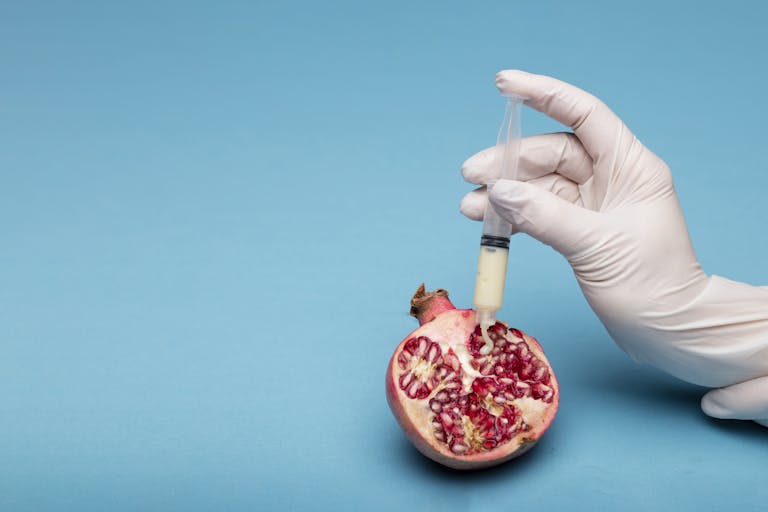Rachel spoke in parliament on the need for affordability, consistency and accessibility across abortion services, and outlined the harms of abortion refusal.
Wednesday the 5th of February, 2025
Victorian Legislative Council
RACHEL PAYNE (South-Eastern Metropolitan):
I rise to speak to this motion on behalf of Legalise Cannabis Victoria, and it has been a passionate debate so far because I think we can all agree that healthcare services should be accessible, they should be safe and they should be affordable, and it is something we are clearly all in agreeance on. Abortion care is health care, and I am pleased to see that the government’s announcement this morning is pointing more in that direction. However, access to abortion here in Victoria is not an easy thing. We are still dealing with the aftermath of a history of criminalisation, of stigma and of shame. We should not have to have this debate today, but in the wake of recent concentrated efforts to politicise access to abortion care we are forced to speak up and to ensure that our right to body autonomy is protected. We have seen the South Australian Parliament narrowly vote down a motion to heavily reduce access to abortion care. In Queensland their Parliament is now prohibited from amending their abortion laws or expressing any view for the next four years. And when we look at the scenes in America we see some of our worst fears realised. We have a duty not to be silent in the face of these attacks. Abortion access is a community responsibility, so I welcome the opportunity to contribute to this motion today.
Here in Victoria, we have learned the hard way that legalisation does not guarantee accessibility. The reality is that people face many barriers when trying to access abortion care. For those living in regional or remote communities, living with a disability or as a member of a culturally and linguistically diverse community, these barriers are even greater. When there are limited services, this also impacts the quality of care that can be provided. Where I live in the south-east, last year a woman sadly lost her life soon after accessing a surgical abortion. Harjit Kaur, a mother of two – a wife, a mother – accessed an abortion for financial reasons. Now, Harjit deserved quality, safe healthcare, and she did not deserve to die. When we have conversations about access to abortion services people throw around things like ‘pro-life’. But when abortion access is restricted, lives are ruined and people die – what is pro-life about that?
Regional service scarcity
Access to abortion services is a postcode lottery, and people living in high-disadvantage regional communities are always losing out. Travel, accommodation, time off work, caring responsibilities – these all add up and make it so much harder for people to access the care that they need. Women’s Health Victoria’s Realising access: Abortion and contraception inequities and enablers in Victoria highlights that seven out of 10 Victorian local government areas have no surgical abortion providers and one in five have no medical abortion providers. Clearly something needs to change, and again I reiterate that the government’s announcement this morning makes steps towards rectifying some of those issues. Yet more needs to be done. We have seen in the ACT great work in this space. They have made medical and surgical abortions free to access, and that includes for people without access to a Medicare card. But even where abortions are free there must be health practitioners with the skills to provide them, or these changes mean nothing. There is a real and persistent shortage of GPs who provide and are trained in these services, and I appreciate Dr Mansfield’s reflections on that issue. Upskilling is costly, and understandably many do not want to risk suffering the stigma often associated with offering these services.
The Victorian government must act to improve access to abortion services in our state, and they must start by listening to those in the sector about what they need. Over the summer break my colleague Georgie Purcell and I made a point of listening to these voices in order to understand our role in advocating for improved access to services. I want to thank those who have already taken the time to meet with us and those who we are yet to meet with. What we heard about is the real lack of local services, the costs to access, gaps in the workforce training and the need for better data collection. By understanding these barriers we can better understand how to effect change.
Fiona Patten’s Health Legislation Amendment (Conscientious Objection) Bill 2022 might be a good place to start. This bill dealt with taxpayer-funded hospitals refusing to offer reproductive health services and becoming a kind of corporate conscientious objector. As Ms Patten so eloquently put it in her second-reading speech:
An organisation does not have a conscience, it cannot think, which means it is ideology not conscience that is preventing access to contraception, abortion and voluntary assisted dying.
Reform must prevent corporate conscientious objection
Any reforms to abortion laws in this state must include the removal of the right of hospitals that receive any taxpayer funding to refuse to offer reproductive health services – this is corporate conscientious objection. Currently, public funds are being used to deny people access to essential health care. At a time when there are so few providers of abortion services in our state, the institutional denial of these services has to be stopped. When it comes to conscientious objectors, we also have a real problem with data collection. We do not know how many there are and whether they are complying with their obligation to refer patients to other providers. Despite calls from the Victorian AMA for doctors to be more up-front about their conscientious objection, we continue to hear stories of people who go to their local GP expecting a commonsense conversation about their options and instead are met with judgement and silence. This forces people to have unwanted pregnancies or to have abortions much later than necessary. It is shameful that health care is being denied in this way.
A consideration of amendments to Victoria’s constitution is just one step in improving access to abortion services. But in the current climate, it is also an important one to safeguard access. We commend the Greens for their advocacy on this issue. Legalise Cannabis Victoria wholeheartedly supports this motion, and we call for the Victorian government to undertake a broader suite of reforms that will improve access to abortion services, because legal does not mean accessible. Healthcare services should be accessible, safe and affordable, and abortion care is health care. It was the Brumby Labor government that legislated abortion access in Victoria, and it will be an Allan Labor government to protect it. Unfortunately, progress is not linear, and until we take firm action people will continue to politicise this essential healthcare service.
Related Resources
> Conscientious Objection to Abortion – Rachel Payne
> Reproductive health leave – Rachel Payne
> Health Legislation Amendment (Legislative Reform) Bill 2024 – Rachel Payne





